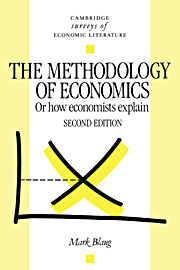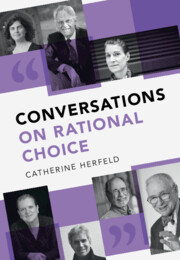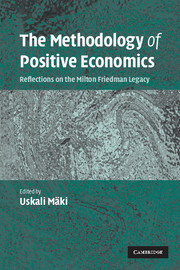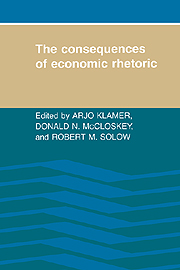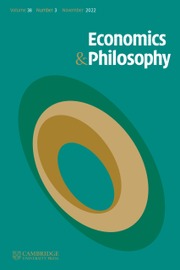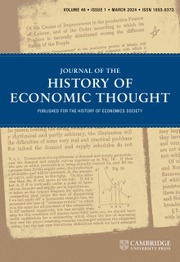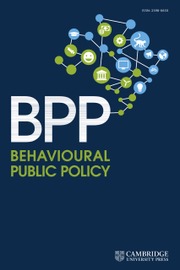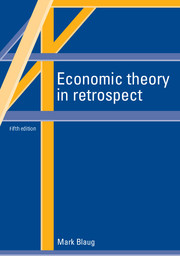The Methodology of Economics
This book is an examination of the nature of economic explanation. The opening chapters introduce current thinking in the philosophy of science and review the literature on methodology. Professor Blaug then turns to the troublesome question of the logical status of welfare economics, giving the reader an understanding of the outstanding issues in the methodology of economics. This is followed by a series of case studies of leading economic controversies, which shows how controversies in economics may be illuminated by paying attention to questions of methodology. A final chapter draws the strands together and gives the author's view of what is wrong with modern economics. This book is a revised and updated edition of a classic work on the methodology of economics, in which Professor Blaug develops his discussion of the latest developments in macroeconomics, general equilibrium theory and international trade theory. A new section on the rationality postulate is also added.
- Second edition of enormously successful book in economic methodology, a classic in the field: c. 16,000 sold in paperback
- Revised and updated version of the original developing Blaug's ideas in the light of subsequent work - one completely new chapter
- Will be as widely adopted on philosophy of economics and economic methodology courses as its predecessor
Reviews & endorsements
'It is beyond doubt that Blaug's book is one of the few really outstanding works in the recent literature on economic methodology.' Andrea Salanti, Ricerche Economiche
Product details
March 1993Paperback
9780521436786
316 pages
227 × 151 × 21 mm
0.431kg
Available
Table of Contents
- Preface
- Part I. What You Always Wanted to Know about the Philosophy of Science but Were Afraid to Ask:
- 1. From the received view to the views of Popper
- 2. From Popper to the new heterodoxy
- Part II. The History of Economic Methodology:
- 3. The verifications, a largely nineteenth-century story
- 4. The falsifications, a wholly twentieth-century story
- 5. The distinction between positive and normative economics
- Part III. A Methodological Appraisal of the Neoclassical Research Program:
- 6. The theory of consumer behaviour
- 7. The theory of fun
- 8. General equilibrium theory
- 9. Marginal productive theory
- 10. Switching, reswitching, and all that
- 11. The Heckscher-Ohlin theory of international trade
- 12. Keynesians versus monetarists
- 13. Human capital theory
- 14. The new economics of the family
- 15. The rationality postulate
- Part IV. What Have We Now Learned about Economics?:
- 16. Conclusions
- Glossary
- Suggestions for further reading
- Bibliography
- Name index
- Subject index.

